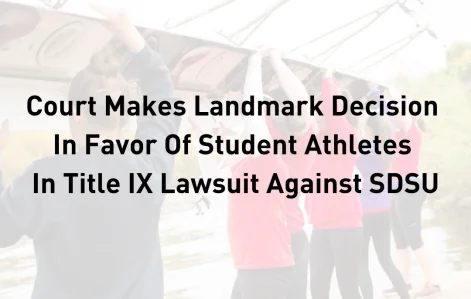Overtime pay has been enshrined in federal law for the better part of a century, thanks to the Fair Labor Standards Act of 1938 (FLSA). Among a multitude of landmark protections for workers that were established at that time (and in the following decades), the FLSA provides employees who work more than 40 hours per week with pay at a rate of one-and-a-half times their normal rate for each additional hour worked.
As a federal statute, the FLSA provisions regarding overtime apply to all 50 states, which must adhere to it as a bare minimum. California goes beyond what federal law requires in some areas of overtime compensation, so please keep in mind that the protections we’ll describe below apply to California and may only apply to California. If you are concerned about learning overtime compensation laws for another state, check with its statutes.
More than Eight Hours in a Single Day; More than 40 in a Single Workweek; More Than Six Days in a Single Workweek
In California, non-exempt employees earn overtime compensation when they work more than eight hours in a single workday, or more than 40 in a single workweek, or more than six days in a single workweek. This provision is important because it’s a point where California law diverts from the minimum amount of federal protection under the FLSA, where only hours worked beyond 40 in a single workweek are eligible for overtime.
This disincentivizes employers from scheduling back-to-back shifts with only a short break between them or other potentially unintended consequences that may go against workers’ interests. California doesn’t outlaw this kind of “creative” scheduling, but instead ensures overtime compensation for employees who may be subjected to odd schedules throughout the workweek.
Time-And-A-Half Compensation & Double Time
The federal and state standard for overtime compensation is time-and-a-half, which means an employee will be paid at time and a half for each hour of qualified overtime work. A full hour does not need to be worked, but rather any number of minutes worked in excess of eight in a day or 40 in a workweek will be compensated at the same rate even if they don’t add up to a full hour.
Double time is a rate twice that of an employee’s normal pay rate. This rate is triggered when an employee works more than 12 hours in a single workday or more than eight hours on the seventh consecutive day of work.
Special Holiday Pay Is Not Required in California
It’s a common misconception that overtime or double-time rates are mandated by California law when an employee works on a holiday. This is not the case, and what may contribute to the misconception are the many employers who adopt policies to provide additional compensation on certain holidays. The likely reason for this is to encourage workers to come in for their shifts so that the business can operate on a day when it may receive an increase in sales.
In short, holiday pay is a perk some employers provide but it is not required by law.
Are You Being Fairly Compensated?
If your pay stubs aren’t reflecting accurate compensation for the hours you worked, or accurately account for the hours you worked, reach out to the employment law attorneys at Haeggquisr & Eck, LLP for assistance.
For more information about how we can assist you, reach out to Haeggquist & Eck, LLP online or by calling (619) 342-8000.





